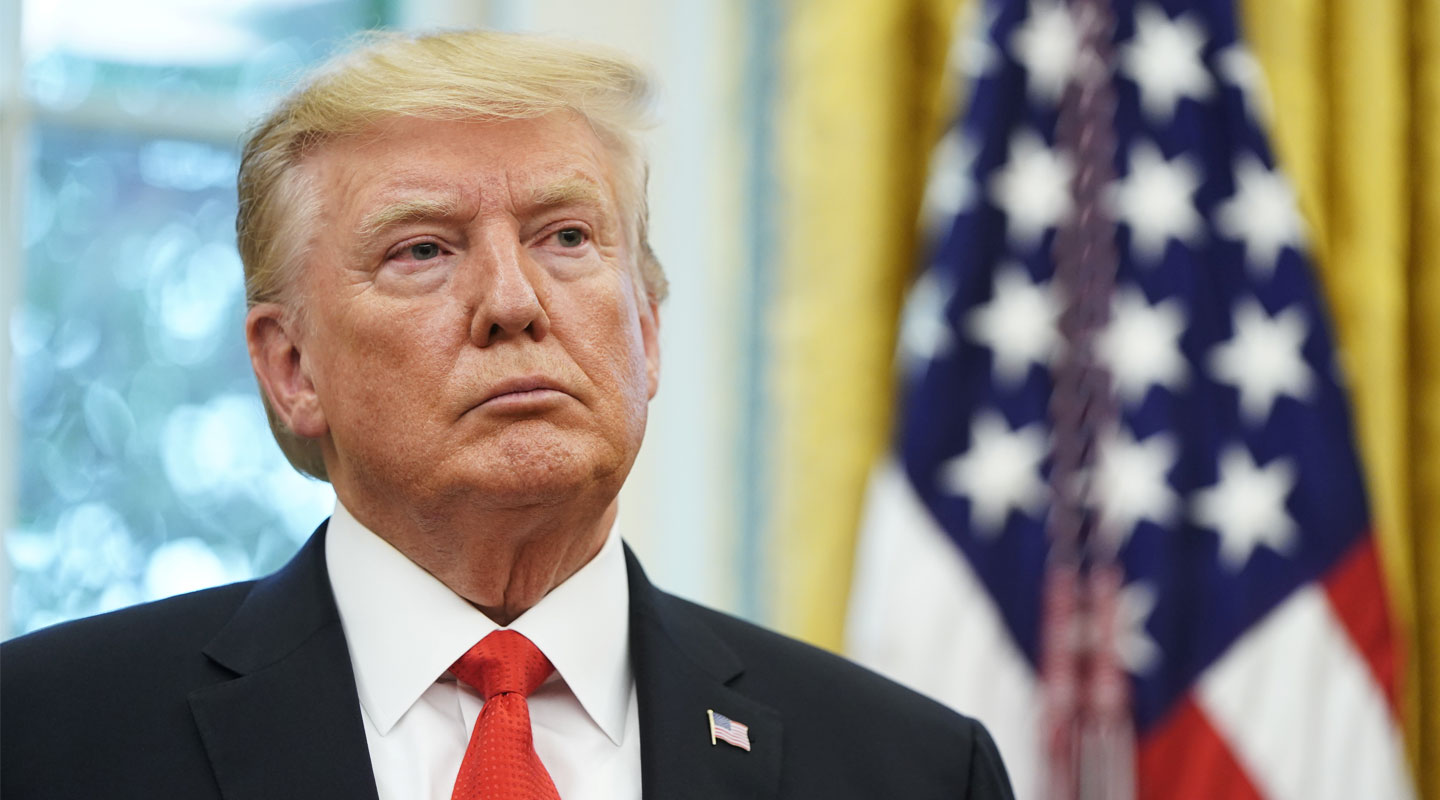The impeachment trial of President Donald Trump is now under way in the U.S. Senate. Trump faces charges brought against him by the U.S. House of Representatives, following an investigation this past fall. The charges led to Trump’s impeachment by the House. That means the House accused him of serious wrongdoing. Trump is only the third U.S. president to be impeached (see slideshow, below).
The two charges, known as articles of impeachment, are abuse of power and obstruction of Congress (interfering with Congress’s investigation of him). If enough senators find the president guilty of even just one of the charges, he will be removed from office. If not, he will remain resident.
The Framers of the Constitution created the impeachment process as a way to remove a president or other government official who is found guilty of significant wrongdoing. The Framers gave Congress the job of deciding whether a president should be impeached and removed from office. A president doesn’t have to break a law to be impeached. Serious misconduct, abuses of power, and violating the public’s trust that he or she will do what is right for the country are impeachable offenses too.
How did we get to this historic moment, and what will the Senate trial be like? Read on for an explanation.

